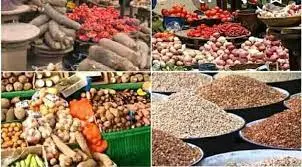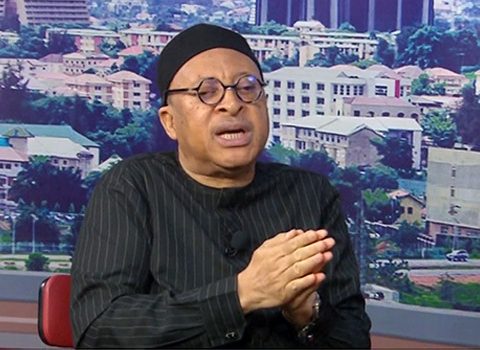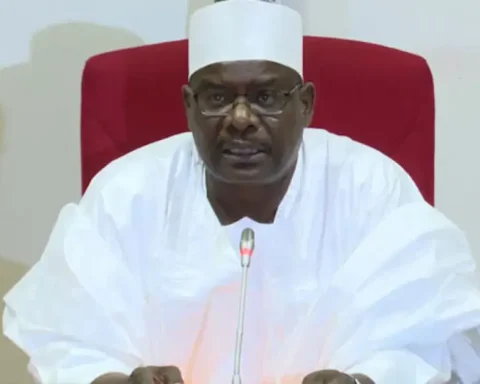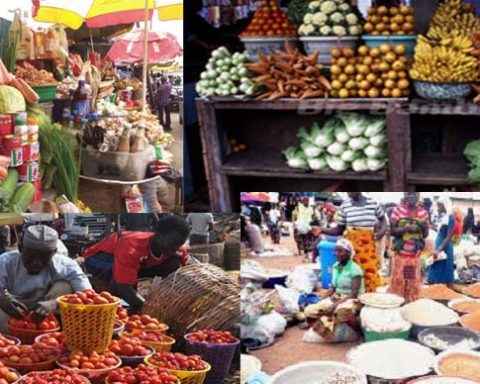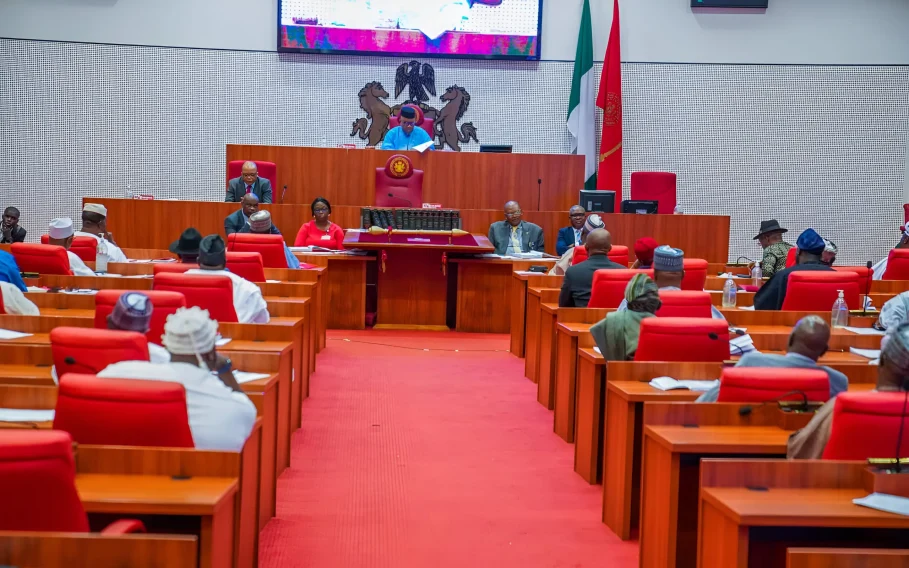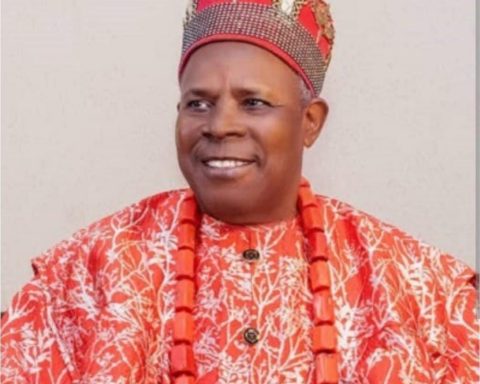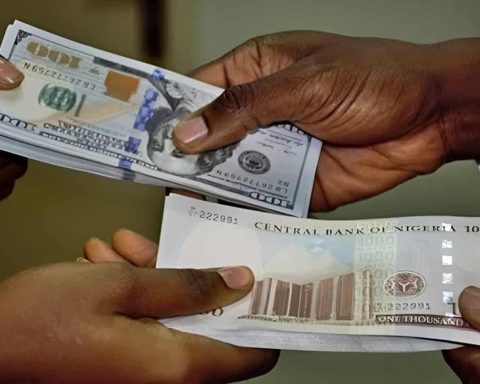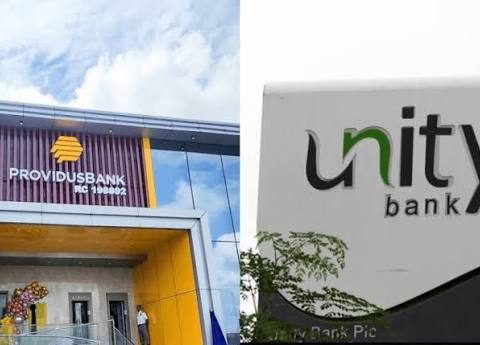Surging Input Costs and Insecurity
Nigerians could face a perilous food crisis in the second half of the year as high input costs, worsening insecurity, and climate change take a toll on farm output.
“The cost of cultivating a hectare of farmland has tripled with surging input costs and labour as well as other factors relating to production,” said Florunsho Olayemi, CEO at Sammorf Agro-Consult Limited. “Farmers are now reducing their production area owing to the rising production costs and insecurity, and it is causing surging food prices.”
Join our WhatsApp ChannelThe price of a 50kg NPK fertilizer has jumped by 49 percent in one year to an average price of N53,000, according to BusinessDay’s market survey.
The price of the item was N26,000 in 2023. This surge is mainly due to the exchange rate crisis, as the country imports 34 per cent of raw materials used in the production of fertiliser, according to the Presidential Fertiliser Initiative.
Impact on Food Prices
Despite sourcing all raw materials for urea locally, the price of this fertilizer blend has surged by 117 percent from an average of N17,500 in 2023 to N38,000 in 2024.
Prices of various agrochemicals such as Paraforce, Glyview, Forceup, and Dragin, which are all herbicides, have jumped by over 100 percent in just one year.
Some herbicides like Glyview have seen prices triple, rising from N7,500 in 2023 to over N23,000 in 2024.
Insecurity in food-belt areas such as Benue, Kaduna, and Plateau has worsened, with crop farmers displaced and fish farmers threatened by terrorists. This has further exacerbated the food crisis, making it harder for farmers to maintain their livelihoods and for consumers to afford basic staples.
Climate Change and Flooding
Climate change is another critical issue, with floods set to affect 31 states and 148 local governments, according to the 2024 Annual Flood Outlook. These floods are expected to devastate crops and displace even more farmers, leading to further food shortages.
“Farmers are abandoning vast areas of farmlands because of rising input costs, and insecurity and rainfall have been erratic,” said Ibrahim Garba, an economist. “The combination of all these will further spike food prices in the third quarter of 2024.”
READ ALSO: Food Crisis In Nigeria: Is Technology The Answer Or Another Government Gimmick?
Government Response and Public Sentiment
In July 2023, President Bola Tinubu declared a state of emergency on food security and unveiled an immediate, short, and long-term plan for the sector to address the country’s food crisis.
However, average food prices of key staples across major cities have risen since he assumed office, causing food inflation to hit 40.6 percent in May 2024 from 24.82 percent in May 2023.
“The Tinubu administration has not done much in agriculture even though we are experiencing a food crisis,” said Olorundenro. “The administration’s plan for the sector in the last year did not address insecurity, which has been the main factor hampering farmers’ productivity.”
Future Outlook
With the country’s rainy season entering its peak periods and the projection of floods, farmers say hunger levels in Africa’s most populous country would rise further as the incidences will push food prices higher.
Millions have already fallen into food poverty within the last few months.
“The rainy season will worsen the situation, and prices will surge further in the third quarter,” Olayemi added.
The situation has increased the number of Nigerians going to bed hungry daily as households grapple with the worst cost of living crisis in decades. This crisis has deepened since President Tinubu introduced bold but unpopular economic reforms in 2023.
Call to Action
Analysts warn that Nigeria risks the anger of the hungry and must rise to address the impending doom. Tunde Banjoko, managing director at Banjoko Omotunde, urged the government to restore confidence for farmers to return to their farms, adding that more resources should be allocated to finance agricultural projects across the country.
“Lots of farmlands have been abandoned, and about 332 farmers have been killed in 2024 owing to insecurity,” he said. “The government must take bold action to ensure food security and address the root causes of the crisis.”
Adebayo Adeyemi, a trader at Bariga market, Lagos said “The current situation is dire, and the government must step in urgently. Farmers are struggling to keep up with the rising costs of inputs and the threats of insecurity. Many have abandoned their fields, which is a tragedy not just for the farmers but for the entire nation. The government’s plan must include tangible support for farmers, including subsidies for inputs and enhanced security in rural areas. Without immediate action, the food crisis will only worsen, and millions of Nigerians will continue to suffer.”
Gloria Oduah, a food vendor, “The government’s response to the food crisis has been insufficient, and the consequences are becoming increasingly severe. Immediate and bold action is required to mitigate the impact on the most vulnerable populations. This includes ensuring that emergency food aid reaches those in need and implementing policies that promote sustainable agricultural practices. Moreover, there must be accountability and transparency in how resources are allocated to ensure that they reach the intended beneficiaries. The time for talking is over; we need action now to prevent a humanitarian disaster.”
Nigeria’s food crisis demands immediate and decisive action from the government to prevent further escalation and ensure the well-being of its citizens.


